Hot Stamper Pressings of Psych Rock Albums Available Now
Want a glimpse into the kind of energy the band was generating in the studio? Drop the needle on the opening track, Fresh Garbage, and you will hear this band come alive in a way you probably never imagined you’d experience.
It’s positively startling how immediate and lively the sound is here.
This is the band at their best, fired up and ready to show the world that The Doors are not the only SoCal rock band who have innovative ideas about rock music and the performing chops to pull them off, not to mention the studio wizards who managed to get it all down on tape with State-of-the-Art ’60s Rock sound quality.
The venerable jazz arranger Marty Paich was brought in to lend his talents to the project, something I never knew until I glanced at the liner notes during a shootout many years ago. No wonder the arrangements, especially the string arrangements, are so innovative and interesting. I can think of no Psych record outside of The Beatles’ with better strings.
Spirit’s first album checks off a few of our favorite boxes:
- It’s a Personal Favorite
- It’s an Outstanding Debut Album
- It’s a Masterpiece of Rock and Pop
- It’s Part of the Core Collection of Well Recorded Rock & Pop Albums
- It’s a Demo Disc for Big Speakers that Play at Loud Levels
The Doors Vs. Spirit
If I had to choose between The Doors’ first album and Spirit’s, say for a nice drive up the coast with the top down, no contest, Spirit would get the nod (not to take anything away from The Doors mind you). I had the album on 8 Track back in high school and played it to death. Doing this shootout, hearing the album sound so good after so many years, was nothing less than a THRILL. (I went right up to Amazon and bought a CD for the car. Might just take a drive up the coast.)
If you like Surrealistic Pillow and Revolver/Sgt. Pepper-era Beatles and early Doors albums, and you don’t know the album well, you are really in for a treat. It’s a classic of its day that still holds up forty-plus years later.
I simply cannot recommend any current album on the site more highly.
This Demo Disc Quality recording should be part of any serious Rock Collection. Others that belong in that category can be found here.
 More of the Music of Spirit
More of the Music of Spirit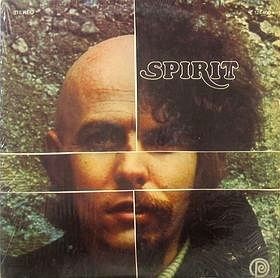
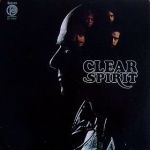
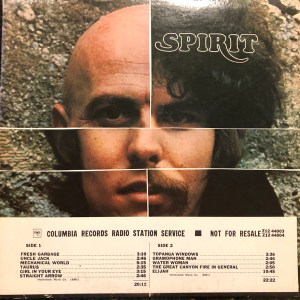


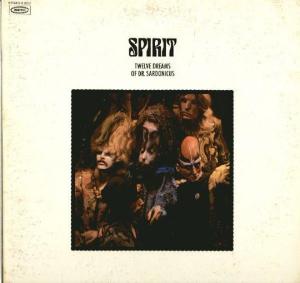
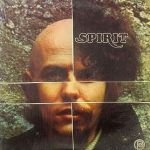 Reviews and Commentaries for the Music of Spirit
Reviews and Commentaries for the Music of Spirit
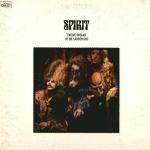 More of the Music of Spirit
More of the Music of Spirit